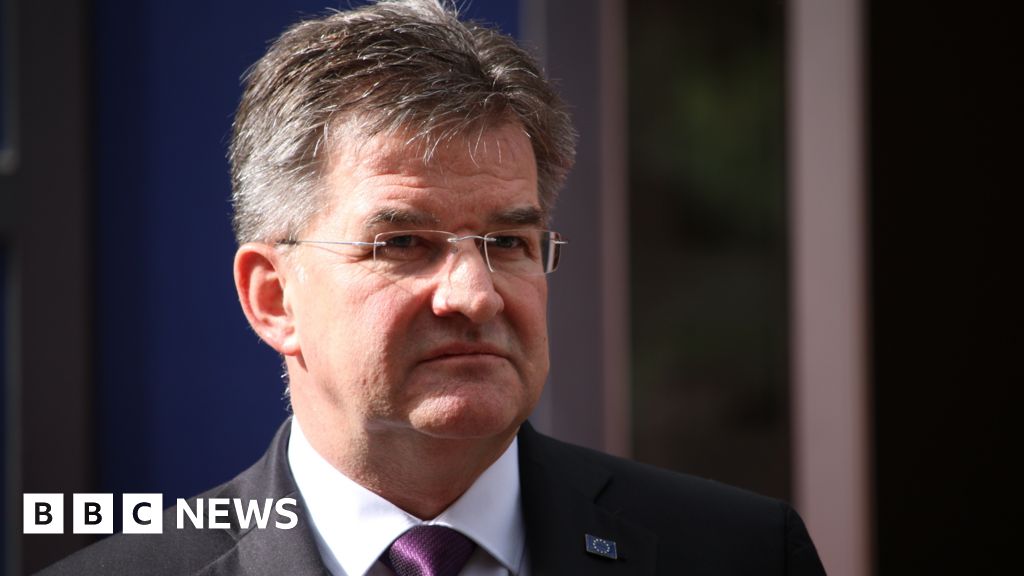The world is witnessing the emergence of an entirely new energy order, Russian Energy Minister Sergey Tsivilev said on Thursday. Speaking at a session during the 28th annual St. Petersburg International Economic Forum (SPIEF 2025), Tsivilev emphasized that the entire chain—from the production of primary energy to its conversion into economic output—is undergoing fundamental changes driven by breakthrough technologies and new regulatory frameworks.
The panel, titled “Russia and International Energy Justice: Role and Global Challenges,” featured Russian Deputy Foreign Minister Aleksander Pankin, Tanzanian Deputy Prime Minister Doto Mashaka Biteko, Pakistani Petroleum Minister Ali Pervaiz Malik, and the Executive Chairman of the African Energy Chamber, NJ Ayuk.
Tsivilev noted that many currently view global energy transition simply as decarbonization and the development of renewable energy sources. He questioned this, stating that “energy transition should reflect the unique conditions of each country, ensuring energy security and the technical and financial accessibility of energy.”
“Electricity must be delivered to every home and every industrial enterprise at a price they can afford,” the minister said, highlighting the importance of environmentally friendly methods of energy production.
Highlighting the importance of a “just” energy transition, Tsivilev cited the Nord Stream gas pipeline—built between Russia and Europe as the cheapest method of delivering affordable Russian gas that supported rapid industrial development. However, he added, the pipeline was blown up to prevent cheap energy from reaching the region.
The minister also criticized the “forcing [of] decarbonization and green agenda on all countries” as a prime example of undermining energy security. He referenced a major power blackout that affected the entire Iberian Peninsula in Europe, attributing it to excessive reliance on unreliable energy sources such as solar and wind power.
In conclusion, Tsivilev stressed that the approaches currently adopted will shape the future of the next generations, as well as define what the world will look like amid the colossal growth in energy demand.

 7 months ago
6
7 months ago
6










